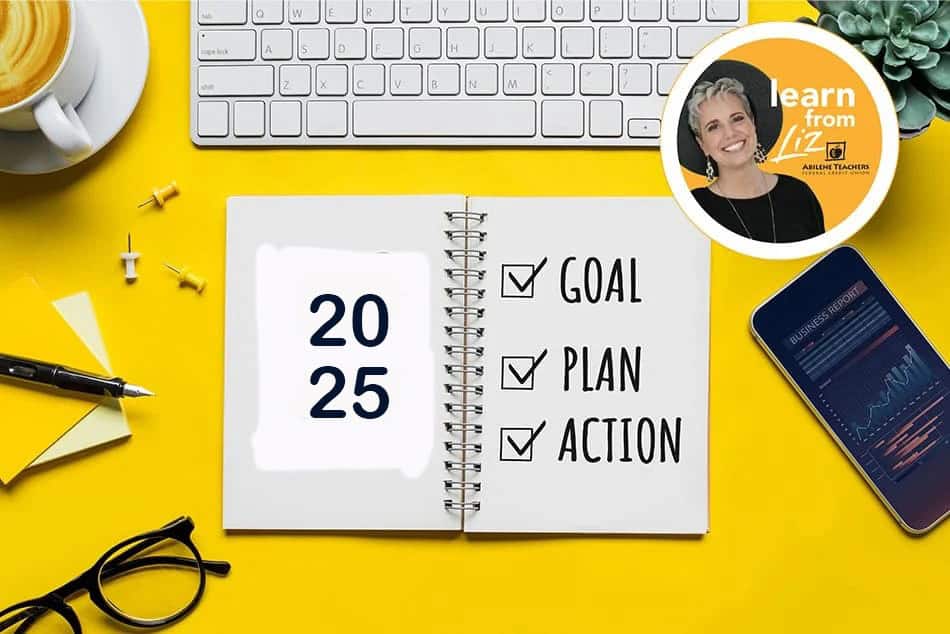What to Do with Your First Paycheck

As part of the changes you’re gearing up for in the months after you graduate from college, you’re poised to enter the working world as a long-term employee, perhaps for the first time in your life. As you prepare for this transition, you might have dollar signs dancing in your head while you dream of what you’re going to do with your first paycheck.
Before you start planning a one-in-each-color shopping spree at the mall or a weekend in Vegas, check out our list of responsible things to do with your first paycheck.
Start an emergency fund
Your first step when earning a regular salary should be to start an emergency fund. According to financial experts, it’s best to have 3-6 months’ worth of living expenses socked away in case you are unable to work for any reason. Otherwise, an expensive emergency or surprise layoff can force you into debt that can take years to recover from. When working out a budget, set up a plan for building your emergency fund in as short a time as possible. Once it’s fully funded, you can use that money for other savings.
Open a savings account
If you haven’t already done so, open a savings account at Abilene Teachers FCU and start putting away a small amount of money into it each month. There are several schools of thought regarding how much of your monthly income to earmark for savings, with most experts recommending that you set aside 20 percent of your paycheck. If you can’t afford to do that right now, especially as you work on building your emergency fund, it’s still crucial to put away as much as you can, simply to build the savings habit. You can use these savings for long-term goals, like buying a house or a new car within the next few years, and short-term goals, like a summertime getaway or a large purchase, like a new entertainment system.
Start saving for your retirement
Your retirement might still be light-years away, but the sooner you start planning for it, the less you’ll have to put away each month. Plus, you’ll have a bigger nest egg when you quit working.
First, speak to an HR representative at your workplace to ask about a 401(k). Many companies will match your contributions up to a set amount. These funds are not taxed until you withdraw them, so any money you contribute from your paycheck is almost like free money.
If your company doesn’t offer 401(k) contributions, you can also look into opening an Individual Retirement Account (IRA) on your own. Abilene Teachers FCU offers both Roth and Traditional IRAs.
Make a payment toward your student loan
Before you can claim the rest of your money as your own, you’ll need to make at least the minimum monthly payment on your student loan. If you haven’t started your job immediately after college, you may have already made the first few payments toward your student loan debt. But, whether this is your first payment or not, it’s best to maximize the amount you pay toward debt each month. Keep in mind that student loan companies, like credit card companies, are out to make money. The simplest way for them to do that is to keep you in debt for as long as possible by making it easy to pay only the minimum monthly payment. Beat the system by increasing your payments to the maximum amount you can handle.
Budget wisely
Now that you’ve gotten all of the boring stuff out of the way, you’re free to spend your money as you please. Establish responsible spending habits by setting up a workable budget that incorporates all of your fixed expenses and your non-fixed expenses. With careful planning and an eye toward the future, you can enjoy your new status as a responsible, working adult.


